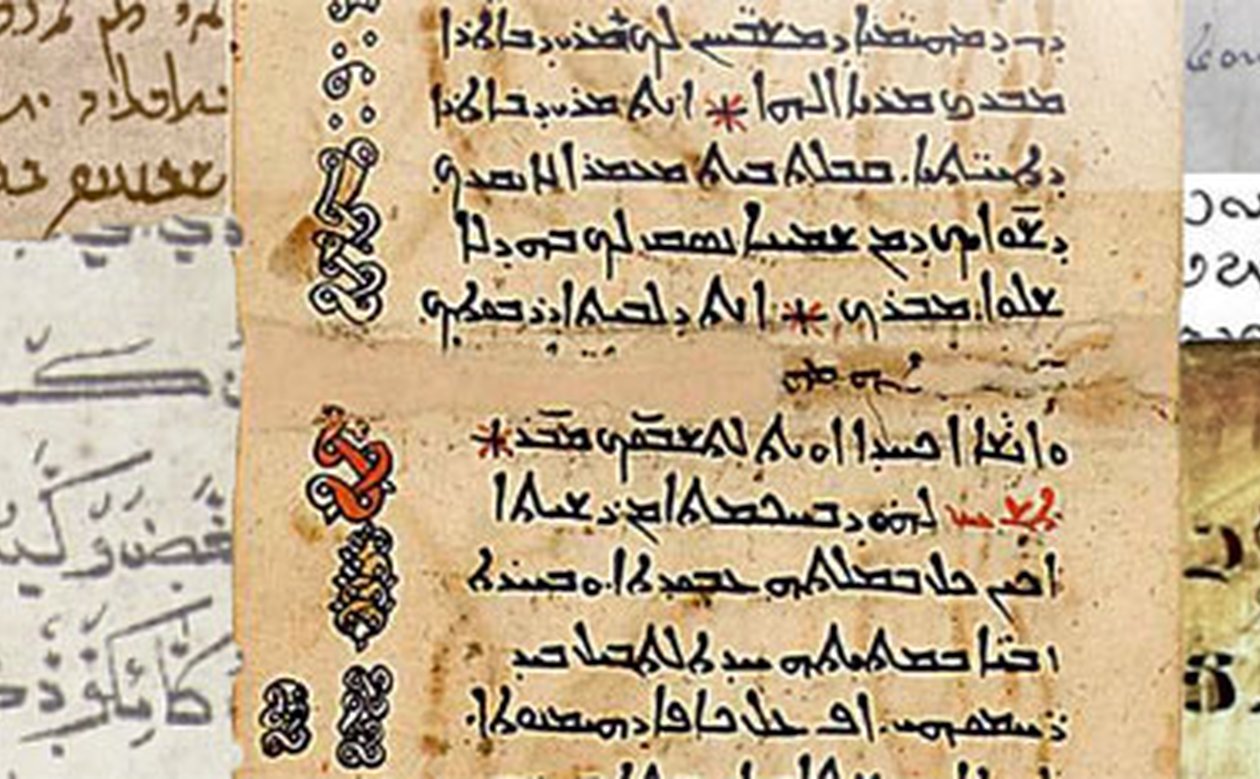
Open for Application: JewsEast Summer School, 23 July - 03 August 2018
The course will introduce its students to the ways in which Jews and Christians interacted in the Mediterranean, the Middle East, the Caucasus, Central Asia, the Horn of Africa, especially Ethiopia, and the Indian Ocean in the period between 600-1800 CE. This is the topic of a research project aiming at establishing a new area of study – relations between Jews and Eastern Christian communities from the rise of Islam to the end of the eighteenth century. The study of inter-religious dynamics is anchored in the framework of pre-modern cultural history concerning a vast geographical area that encompasses seemingly disparate lands from Africa and the Eastern Mediterranean, through West Asia and the Caucasus, to South India, all connected through trade and travel.
The course has two aims:
- to introduce the interested researchers/students into the required skills and methods (linguistic, philological, archaeological, ethnographic, and historiographic) that are needed for the exploration of this new field;
- to disseminate the results of the JewsEast research project
It is open to researchers, doctoral and MA-level students of religion, history and culture who would benefit from a deeper understanding and the reconceptualization of inter-religious relations, especially between Jews and Christians, in these zones and from presenting their own research for feedback within such a context.
Participating students will be invited to deconstruct various stereotypes, including the “civilizational model” and that of a “clash of civilizations”. Instead, it proposes to see the history of Jewish-Christian relations in “entangled” cross-cultural, transregional contexts and to avoid ethnocentric or nationalist biases. It will teach how complex identities and interreligious communities were formed just prior to the rise of Islam through the eighteenth century and, toward the end of the course, briefly consider how these perspectives should affect our examination of these issues in the present.

